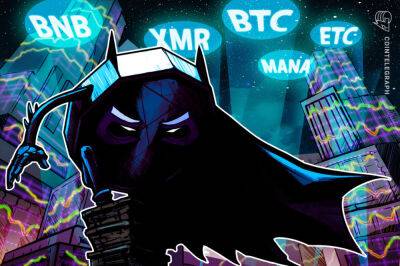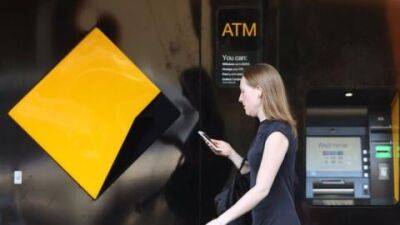Accessibility is the main barrier to crypto adoption — Here are the solutions
Accessibility is a pain point for cryptocurrency adoption that has been discussed for years, yet still, it is pertinent as ever. This issue was most recently recognized by the United States government as we’ve seen Treasury Secretary Janet Yellen discuss during her remarks on digital assets policy and regulation. There are barriers that are limiting accessibility to cryptocurrencies, such as financial education and technological resources, and it is our duty as developers and leaders in this revolutionary industry to address them.
Studies have shown that only 33% of adults across the globe are financially literate. With many projects in the decentralized finance (DeFi) space focusing on providing individuals without access to traditional financial institutions and tools for earning, saving and transacting, this is a key consideration.
Traditional financial institutions certainly have additional barriers that cryptocurrency projects are bypassing, such as requiring documentation, lofty fees and a general lack of local financial institutions in emerging markets. With that said, even DeFi requires knowledge and understanding of money to comfortably enter the space. Comprehensive education on the building blocks of finance, from tips on savings to market fluctuations, is crucial to encourage those who have felt excluded by traditional finance to enter the DeFi world.
Related: Decentralized finance may be the future, but education is still lacking
Another educational component necessary is cryptocurrency and blockchain education. New technology of all kinds can be overwhelming and confusing to potential new users — it’s so common that the term “technostress” was coined to diagnose this issue.
Highly technical language and
Read more on cointelegraph.com
























